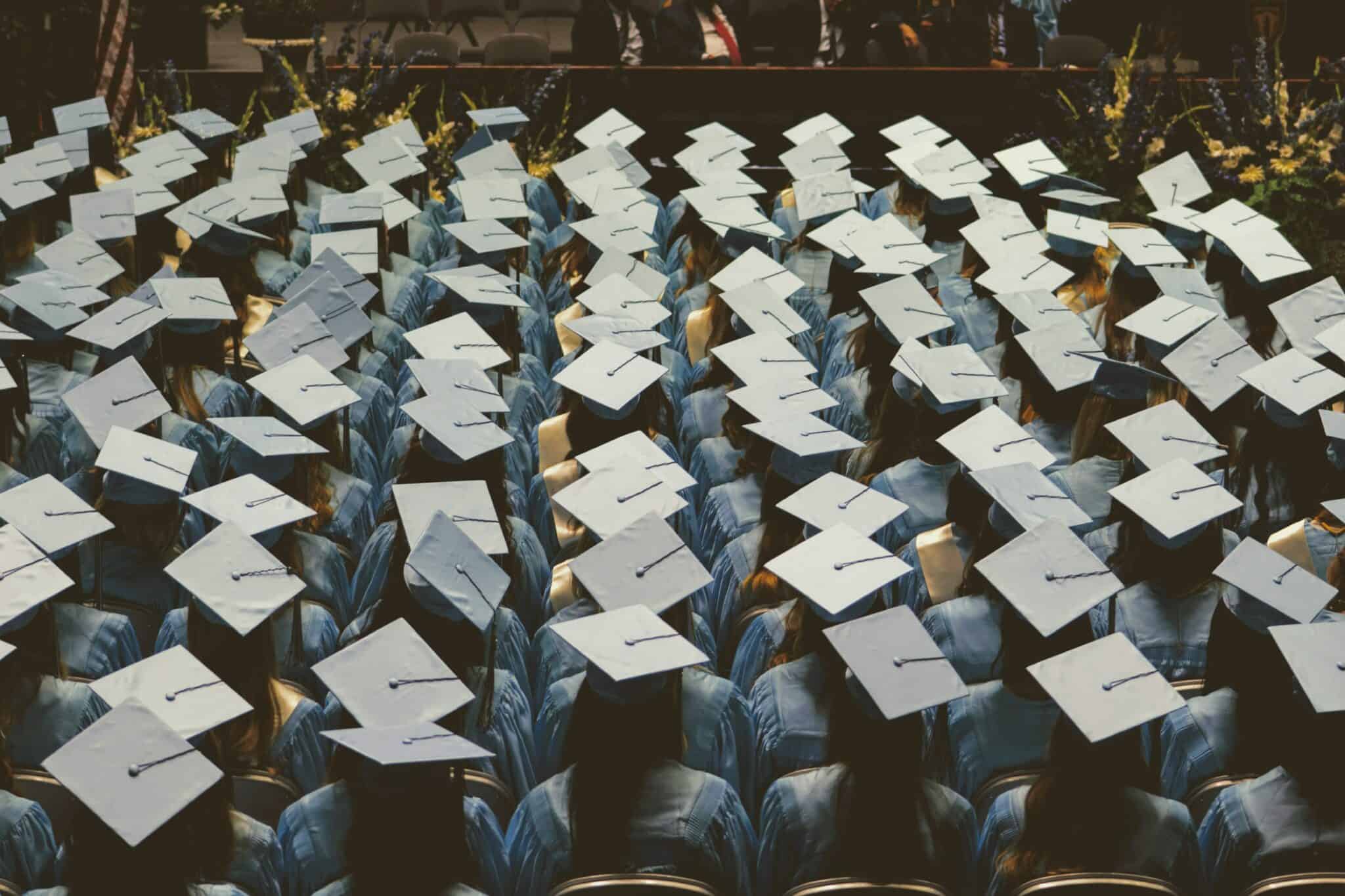
Fred Wang is a student at Harvard Law School.
In today’s News & Commentary, a deep dive on the UAW’s first presidential election, another update on the Starbucks labor movement, and some history — on graduate-student labor unions and labor cats.
Members of the United Auto Workers will elect a new president in the union’s ”biggest leadership challenge” in decades, Ian Kullgren reports at Bloomberg Law. This direct-election vote (the union’s first), Kullgren explains, “comes at a time of converging crises for the union” — among them, internal widespread corruption and external shifts towards electric-powered vehicles.
The incumbent, Ray Curry, faces four challengers — all of whom are pushing the union to take tougher stances against automakers during negotiations. The most serious challenger, Kullgren notes, is likely Shawn Fain — who has criticized union leadership for being “too close to the company,” for not doing enough to prevent plant closures due to the Great Recession, and for failing to prepare for the transition to electric vehicles.
The pace of unionization at Starbucks stores has slowed, Heather Haddon reports over at the Wall Street Journal. There were only 8 union petitions filed in August — the “smallest number since December, when the first Starbucks cafe vot[ed] to unionize.” The slowdown has coincided with Starbucks’s aggressive antiunion campaign, which includes closing unionized stores and offering benefits only to nonunion stores. Some Starbucks baristas have argued that this practice has chilled organizing activity.
A recent piece in the Brown Daily Herald overviews the history of grad-student labor unions — from their origins in the ’60s and ’70s to recent NLRB decisions facilitating student-organizing efforts.
The piece also describes the various factors driving the grad labor movement today — chief among them, the frequency with which universities have turned to graduate students (and non-tenure-track faculty) as a source of labor.
All of that has only accelerated with the COVID-19 pandemic — as well as swelling student frustration with administration’s responses. And it’s no coincidence that this “resurgent graduate labor movement” is coming alive at the same time that union drives have grown nationally. There’s a “direct parallel there,” Professor Matthew Johnson (who is quoted in the article) notes. More and more workers are looking to unions as “means to hold employers accountable.”
“One thing that’s very likely pervading these efforts is that graduate students often get paid very little and have to work very long hours,” Johnson continued. “And it’s difficult to square that circle: How is all this money flowing to this institution, but we’re not getting any of it?”
There’s a long history of cats in solidarity with the labor movement, this AFSCME Council 31 Twitter thread explains. Of course, Jorts is the latest iteration of the labor-cat archetype. But he follows a long line of felines in solidarity with labor. One notable character is “Mister Tom,” a union mascot and “terrific morale builder” whom management tried to evict from firm property.






Daily News & Commentary
Start your day with our roundup of the latest labor developments. See all
February 25
OSHA workplace inspections significantly drop in 2025; the Court denies a petition for certiorari to review a Minnesota law banning mandatory anti-union meetings at work; and the Court declines two petitions to determine whether Air Force service members should receive backpay as a result of religious challenges to the now-revoked COVID-19 vaccine mandate.
February 24
In today’s news and commentary, the NLRB uses the Obama-era Browning-Ferris standard, a fired National Park ranger sues the Department of Interior and the National Park Service, the NLRB closes out Amazon’s labor dispute on Staten Island, and OIRA signals changes to the Biden-era independent contractor rule. The NLRB ruled that Browning-Ferris Industries jointly employed […]
February 23
In today’s news and commentary, the Trump administration proposes a rule limiting employment authorization for asylum seekers and Matt Bruenig introduces a new LLM tool analyzing employer rules under Stericycle. Law360 reports that the Trump administration proposed a rule on Friday that would change the employment authorization process for asylum seekers. Under the proposed rule, […]
February 22
A petition for certiorari in Bivens v. Zep, New York nurses end their historic six-week-strike, and Professor Block argues for just cause protections in New York City.
February 20
An analysis of the Board's decisions since regaining a quorum; 5th Circuit dissent criticizes Wright Line, Thryv.
February 19
Union membership increases slightly; Washington farmworker bill fails to make it out of committee; and unions in Argentina are on strike protesting President Milei’s labor reform bill.